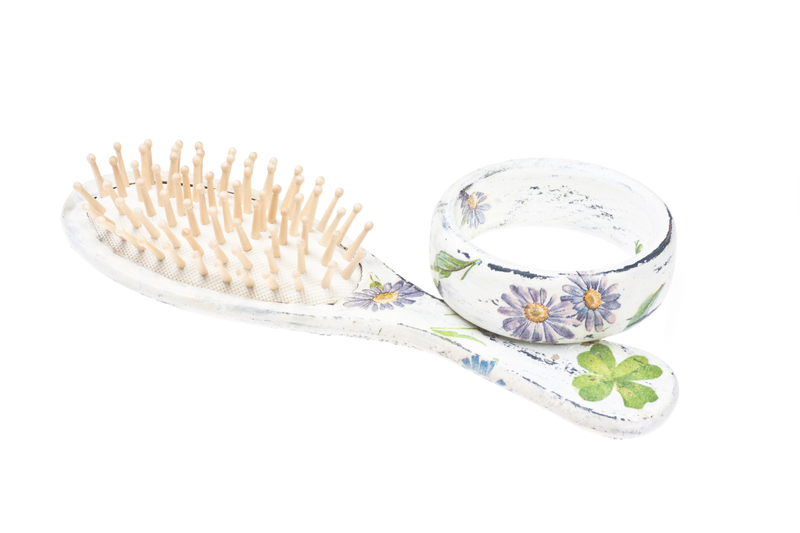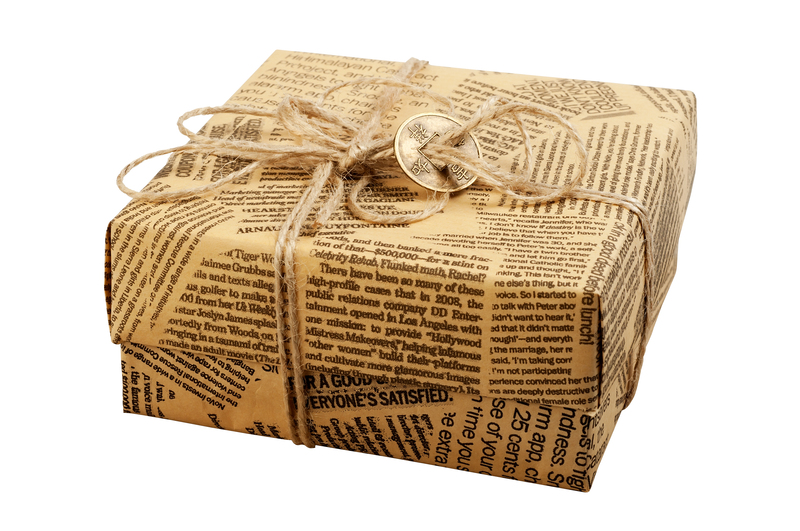Protect Wildlife: Tips for Proper PPE Waste Disposal
The surge in the use of Personal Protective Equipment (PPE) -- such as face masks, gloves, and face shields -- has been crucial to public health, especially since the COVID-19 pandemic. However, the rise in PPE usage has led to a significant increase in PPE waste. When not disposed of correctly, this waste poses grave risks to wildlife and the environment. Understanding proper PPE waste management is more vital than ever to protect wildlife and maintain ecological balance.
Why Proper PPE Waste Disposal Matters
Improper PPE disposal can result in discarded masks, gloves, and other items finding their way into natural habitats, groundwater, and food chains. Birds, marine animals, and terrestrial wildlife often mistake these materials for food or become entangled in them, leading to injury or death. Beyond harming animals, PPE waste contributes to the broader problem of microplastics, creating a ripple effect through ecosystems.
By employing correct PPE disposal practices, we not only prevent harm to wildlife but offer a safer, healthier planet for everyone.
The Environmental Impact of PPE Waste
- Wildlife Entanglement: Animals can get caught in the elastic bands of masks or the fingers of gloves, which may result in injury, strangulation, or death.
- Ingestion: Birds and marine life frequently ingest PPE waste, mistaking it for food. This can cause blockages, malnutrition, or poisoning.
- Pollution: PPE items are typically made from non-biodegradable plastics, persisting in the environment for decades and breaking down into microplastics that infiltrate ecosystems.
- Disruption of Habitats: Littered PPE waste can disrupt sensitive habitats like wetlands, riversides, and coastal regions, adversely affecting biodiversity.

Best Practices for PPE Waste Disposal
Taking proactive steps for proper PPE waste disposal ensures your protective gear doesn't become wildlife's next threat. Here are eco-friendly and effective disposal tips:
1. Always Use Proper Waste Bins
- Never throw PPE on the ground: Used masks and gloves should never be littered outdoors. Proper PPE disposal starts with responsible behavior -- always place used items in designated waste bins.
- Use lined trash bins: Ensure the waste bin is lined with a bag to prevent leakage or contamination and to facilitate safer removal by waste workers.
- Designate PPE-only bins when possible: Some workplaces and public spaces have marked bins specifically for PPE. Always use them to prevent contamination of recyclable waste.
2. Secure PPE Waste Before Disposal
- Tie masks and ear loops: Masks can entangle wildlife. Before disposal, tie the ear loops together or snip them to reduce the risk for animals.
- Bag PPE separately if required: In high-risk settings or during outbreaks, follow local guidelines to double-bag PPE and label it as potentially infectious.
3. Do Not Flush PPE Items
- Avoid flushing masks, gloves, or wipes down the toilet: Flushed PPE clogs plumbing and ends up in waterways, posing a huge threat to aquatic life.
- Dispose in landfill-bound trash: Most PPE is meant for landfill disposal, not toilet or recycling systems.
4. Educate Others About Proper PPE Disposal
- Spread awareness: Share knowledge about the importance of PPE waste management with friends, family, and your community.
- Teach children proper disposal habits: Encourage the next generation to protect wildlife by practicing safe disposal methods in schools and homes.
5. Participate in Clean-Up Initiatives
- Join or organize local clean-up efforts: Collect PPE waste from parks, beaches, and streets to reduce the environmental footprint and protect wildlife habitats.
- Support organizations working on PPE pollution: Collaborate with conservation groups focused on PPE waste to amplify impact on wildlife protection.
Innovative Solutions for PPE Waste Management
With PPE pollution on the rise, communities and organizations are implementing creative strategies to mitigate its impact on wildlife:
Recycling Programs for PPE
- Pilot recycling projects: Some companies have developed methods to recycle specific PPE, such as disposable masks, into new products or building materials.
- Specialized drop-off points: Several cities and institutions now offer dedicated bins for used PPE, ensuring more responsible collection and processing.
Biodegradable Alternatives
- Eco-friendly PPE materials: Innovation in PPE manufacturing is leading to products made from biodegradable or compostable materials, reducing the threat to wildlife when waste is not disposed of properly.
- Support for sustainable brands: Choosing brands that prioritize wildlife safety and environmental impact can make a difference in the long term.
Policy and Regulation Initiatives
- Mandatory PPE disposal standards: Many governments are enacting stricter regulations for PPE waste, including fines for improper disposal and campaigns to educate the public.
- Increased funding for wildlife protection: Allocating resources toward the study and mitigation of PPE impacts helps safeguard vulnerable animal populations.
Protecting Wildlife: What You Can Do Today
Whether you are an individual, business, or organization, every effort toward proper PPE waste disposal counts. Here's how you can make an immediate difference in your daily life:
Personal Actions
- Take your PPE home: If public bins are overflowing, take your used masks and gloves home for proper disposal to prevent them from blowing into the environment.
- Reduce single-use PPE when safe: Where guidelines allow, use reusable and washable masks or gloves, cutting down on total PPE waste.
- Dispose of PPE responsibly during travel: Carry a sealable bag to safely store used PPE until you have access to an appropriate waste bin.
Community Actions
- Encourage local businesses to provide PPE bins: Advocate for more accessible disposal points at high-traffic areas like grocery stores, public transit stations, and parks.
- Partner with local wildlife groups: Volunteer or donate to initiatives focused on cleaning up wildlife habitats affected by PPE litter.
- Host educational events: Organize workshops or information sessions about the impact of PPE pollution on wildlife to inspire collective action.
The Role of Businesses in PPE Waste Management
Businesses, especially those with high customer volume or healthcare involvement, play a crucial role in preventing PPE pollution. Here's how companies can lead by example:
Responsibility in the Workplace
- Providing clear PPE disposal guidance: Display visible signage near entrances and exits detailing how to safely discard used masks and gloves.
- Supplying dedicated waste bins: Place PPE-specific bins in staff areas and public spaces, encouraging employees and visitors to dispose of gear correctly.
- Staff training on safe handling: Train cleaning and janitorial staff in safe handling and disposal techniques to protect both people and wildlife.
Corporate Social Responsibility
- Sponsoring wildlife protection programs: Fund community initiatives that focus on cleaning up PPE litter in natural habitats.
- Adopting sustainable procurement policies: Source biodegradable or recyclable PPE where feasible to reduce future waste burdens.
PPE Waste and Global Wildlife: Real World Examples
Several global incidents highlight the urgent need for better PPE waste disposal strategies to protect wildlife:
- Seabirds in Europe have been photographed entangled in disposable masks washed up on beaches, a stark reminder of the dangers posed by careless littering.
- Marine mammals in North America have ingested gloves and wipes, resulting in internal damage and, in some cases, death.
- Urban wildlife like squirrels, foxes, and even domestic pets occasionally suffer from PPE-related injuries, especially when masks or gloves are discarded near parks or residential areas.
These examples underline the importance of responsible PPE waste disposal practices to safeguard our planet's wildlife.

Frequently Asked Questions on PPE Waste and Wildlife Protection
Can I recycle disposable masks and gloves?
Most municipal recycling programs cannot process single-use PPE due to contamination risks and the materials used (such as polypropylene). Always check your local opportunities for PPE recycling -- specialized programs may exist in your area.
What should I do with PPE waste collected during a clean-up?
Use heavy-duty gloves, bag the waste securely, and dispose of it in landfill-bound trash. Always follow local health and safety guidelines, and wash your hands thoroughly afterward.
How can children be taught to dispose of PPE properly?
Set a good example, provide clear instructions, and turn disposal into a routine part of hygiene, similar to washing hands. Offer rewards or incentives to encourage consistent responsible behavior.
Conclusion: Take Action Now for Wildlife's Future
The widespread use of PPE is vital for public health, but it should not come at the expense of our planet's wildlife. By adhering to proper PPE disposal methods, supporting innovative waste management solutions, and educating others, we can all play a part in minimizing harm and protecting wildlife for generations to come.
Remember: Every mask, glove, or wipe thrown away properly is a step towards a healthier world for all living beings. Let's unite in the effort to protect wildlife through responsible PPE waste disposal.
